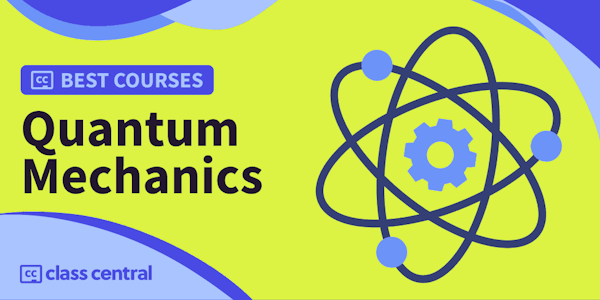In particular, we will address the following objectives:
1) Understand the basics of quantum states as a generalization of classical probability distributions, their evolution in closed and open systems, and measurements as a form of sampling. Describe elementary classical and quantum many-body systems.
2) Contrast quantum computing paradigms and implementations. Recognize the limitations of current and near-future quantum technologies and the kind of the tasks where they outperform or are expected to outperform classical computers. Explain variational circuits.
3) Describe and implement classical-quantum hybrid learning algorithms. Encode classical information in quantum systems. Perform discrete optimization in ensembles and unsupervised machine learning with different quantum computing paradigms. Sample quantum states for probabilistic models. Experiment with unusual kernel functions on quantum computers
4) Demonstrate coherent quantum machine learning protocols and estimate their resources requirements. Summarize quantum Fourier transformation, quantum phase estimation and quantum matrix, and implement these algorithms. General linear algebra subroutines by quantum algorithms. Gaussian processes on a quantum computer.



